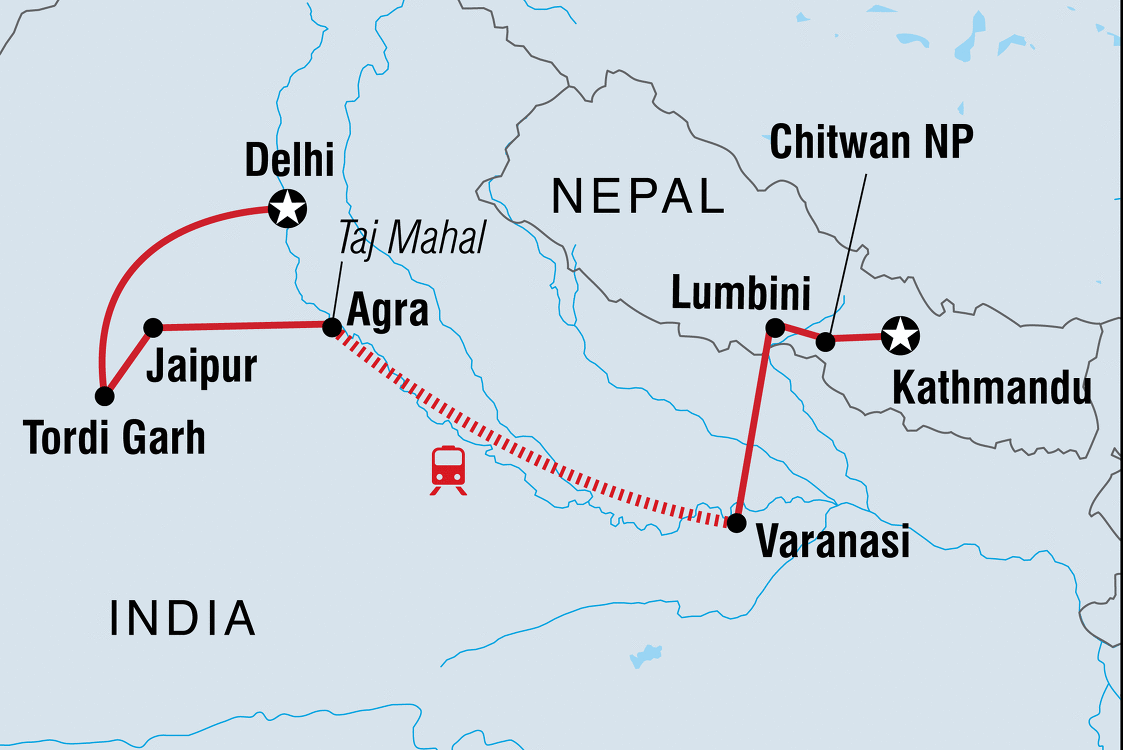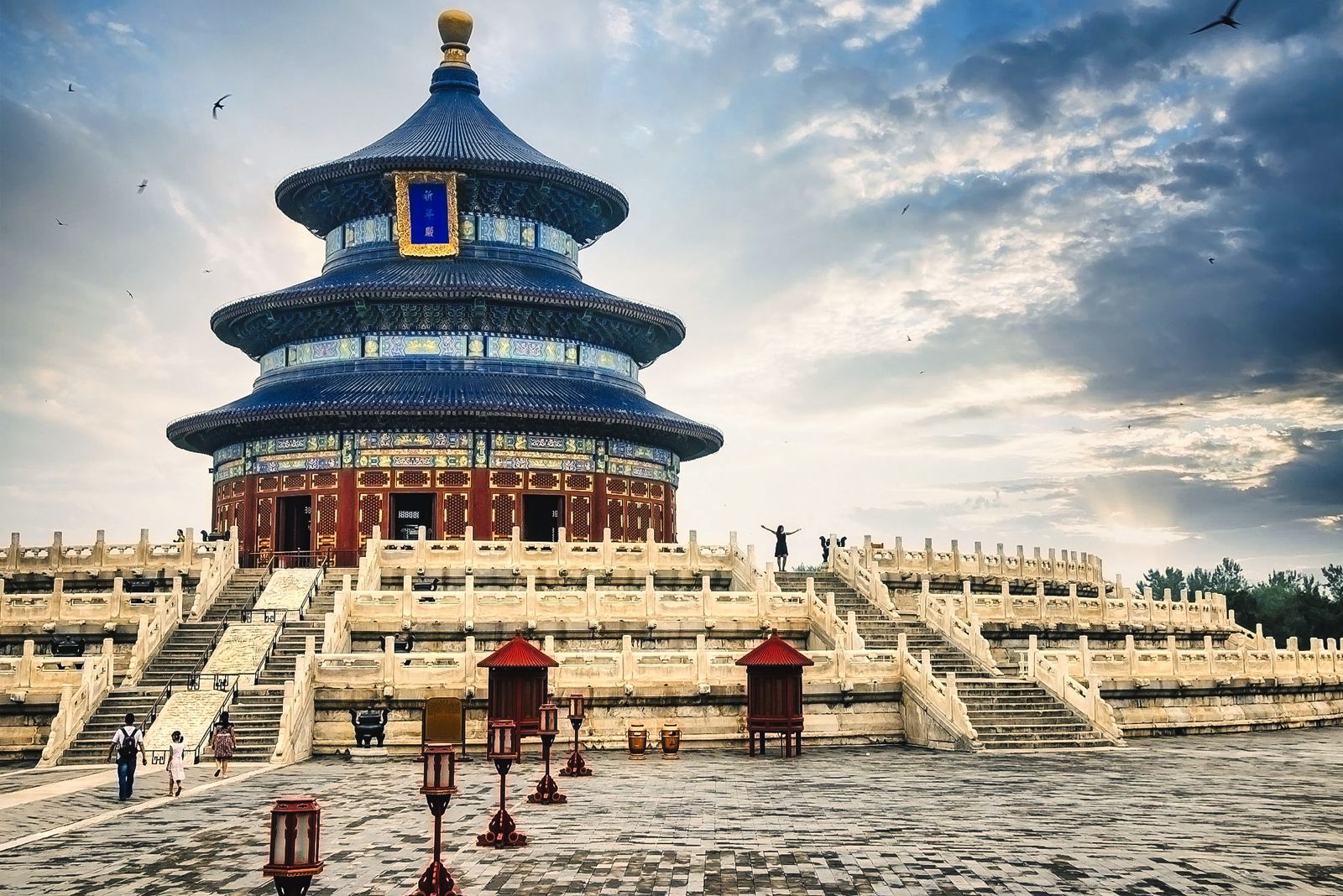Choosing a Perfect Neighborhood In Wonju
Safe and Affordable Neighborhoods Close to Amenities
Wonju is one of the safest cities in South Korea, without any truly bad neighborhoods. Having lived in Wonju for a year, the author found the entire city to be completely safe day and night. The downtown area where the author stayed provided excellent access to local shops, restaurants, sidewalk food vendors, PC rooms, grocery stores, and a Korean bath house called a mokyok. As there was no significant crime in any part of Wonju, residents could easily find a comfortable and affordable home in a convenient location close to daily amenities.

Convenient Downtown Living Near Cultural Attractions
Downtown Wonju offered the perfect balance of accessibility, affordability, and cultural experiences. In addition to being a short walk from restaurants, markets and public services, the author’s home was near the mokyok, one of the great pleasures of Korean culture where residents can soak in hot and cold baths, enjoy saunas and massages, and get their hair cut for very reasonable prices. Downtown Wonju was also ideally situated for visiting historic and cultural sites. With numerous neighborhoods and communities well-served by public transportation, residents had many options for finding a home matched to their lifestyle in the safe and welcoming city.
Exploring Wonju Beyond the Downtown Core
While downtown Wonju provided excellent walkability, the outer neighborhoods were still very livable thanks to Wonju’s efficient bus system. Through extensive experience riding buses across the city for work and leisure, the author gained intimate knowledge of Wonju’s transit routes that linked all areas seamlessly. Residents could easily access the downtown amenities from homes further away by bus. A new shopping mall near the bus terminal also gave outdoor options for shopping and entertainment. With modern infrastructure supporting a car-optional lifestyle, Wonju presented numerous choices for finding the perfect neighborhood matched to individual needs and budgets.
Living in the Historic and Picturesque City of Jinju
Zero Crime Rate in Jinju’s Charming Neighborhoods
The author felt safer in Jinju than anywhere else during their 5 years living there. Jinju’s neighborhoods were historic, attractive, and completely without any sense of threat. Not a single instance of lost property or crime was experienced at restaurants or cafes, showing Jinju’s exceptionally honest and law-abiding culture. Residents could choose housing anywhere in the scenic city while maintaining complete peace of mind about personal safety.
Modern Amenities in a Preserved Historical Setting
Despite Jinju’s well-preserved historic architecture and sites, the city offered modern infrastructure and services on par with larger South Korean cities. Residents enjoyed convenient access to transportation, shopping, healthcare, and recreational options while experiencing the preserved old-world charm of traditional Korean neighborhoods. The blend of history and progress in Jinju created a lively yet serene lifestyle embraced by long-term foreign residents.
A Relaxed yet Stimulating Way of Life
Jinju’s ideal balance of safety, beauty, and modern living created an exceptionally stress-free lifestyle embraced by long-term foreign residents. Without worries about crime or disorder, people could fully immerse in Korea’s rich cultural experiences and social activities. The relaxed pace contrasted metropolises yet residents were never isolated, with all the stimulation of urban Korea accessible via major transportation hubs. Overall, Jinju seamlessly blended history preservation and modern comfort to become a top destination for long-term foreign residency in South Korea.
Choosing Housing to Suit Individual Needs
Varied Housing Options to Match any Budget or Family Size
Both Wonju and Jinju featured a wide diversity of housing suited for all budgets, from modest rentals to luxury apartments and single-family homes. Single professionals could easily find compact studios or sharehouses, while families had their pick of spacious detached homes, duplexes or townhouses. Rents remained affordable across all segments, allowing foreign residents on any salary to live permanently wherever best met their individual needs.
Conducting Rental Search Completely Online
South Korea’s advanced digital infrastructure enabled entirely online rental search and application processes in both cities. Through well-designed property listing websites available in English, renters could peruse photos and specifications of available units across the city mapped by neighborhood. Landlords and agents routinely communicated via messaging platforms to arrange viewings and process rental agreements remotely via e-signature. With zero need for in-person meetings, housing searches from abroad posed no challenges.
Long-Term Stays Made Simple and Flexible
To accommodate longer foreign residency, both cities offered housing lease terms of 1-3 years, providing stability yet flexibility to relocate conveniently within the same community as life circumstances changed. Landlords welcomed long-stay tenants to fosterlasting stable rental income. Overall, South Korea’s advanced real estate systems created an exceptionally smooth housing experience for long-term foreign residents of all types.
Healthcare, Education and Social Support Systems
World-Class Healthcare at Minimal Cost
Both Wonju and Jinju were served by hospitals staffed with internationally trained doctors offering the latest medical technologies. The nationalized healthcare system provided residents with affordability unmatched in major countries. Even without employment or residency visas, essential medical costs for foreign residents remained very low, giving peace of mind should any health issues arise.
High-Quality International Schools
International schools in the cities gave resident families excellent bilingual education options. Schools followed curricula from countries like the US, Canada and UK to prepare students for overseas university admission. With small class sizes and individualized learning support, immigrant children could seamlessly adapt to the Korean system while maintaining their home language proficiency.
Welcoming Immigrant Communities
Government-supported multicultural centers in the cities organized social programs, language exchanges and cultural festivals welcoming long-term immigrants. These initiatives helped foster a sense of community among foreign residents. Overall, well-developed public infrastructure made Wonju and Jinju top destinations for permanent immigrant resettlement.
In conclusion, the safety, affordability, cultural offerings and support systems in Wonju and Jinju created an ideal lifestyle embraced by many long-term foreign residents. With consistently improving living qualities, both cities will continue attracting global talent for their blended strengths of tradition and progress.

 Getting from Delhi to Kathmandu: The Cheapest and Most Convenient Travel Options
Getting from Delhi to Kathmandu: The Cheapest and Most Convenient Travel Options